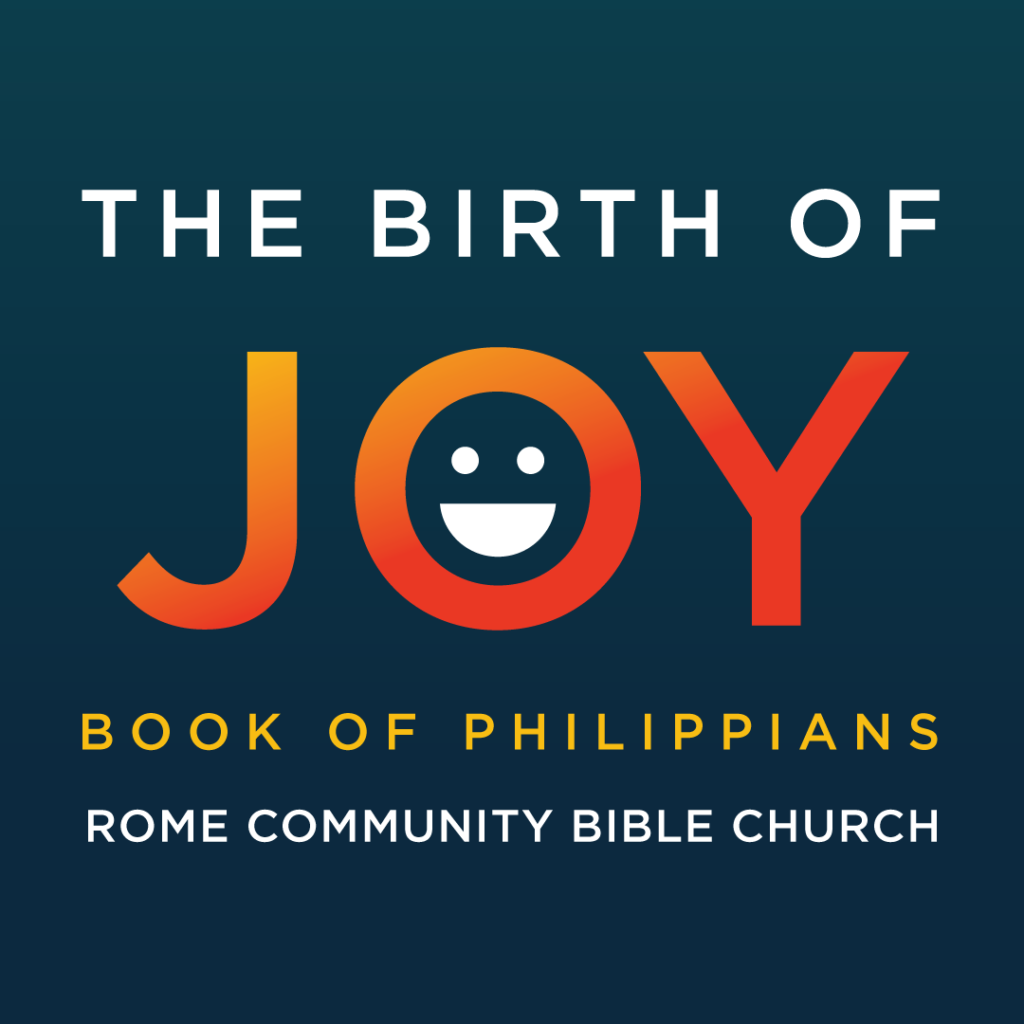Revelation 22:5: “And night will be no more. They will need no light of lamp or sun, for the Lord God will be their light, and they will reign forever and ever.”
I hate coming home to a dark house. We don’t have a smart home where we can control the lights from our phones, but there are times I wish we could. Usually, it’s when we come home from shopping or some other activity and I have to enter the house with my hands full, fumbling to find a light switch in the darkness.
When I come home, I like turning on most of the lights in the house to feel comfortable. Light brings a sense of security, warmth, and clarity. It dispels the unknown and the unease that comes with darkness.
During the Christmas season, we’re reminded that Jesus described Himself as “The Light of the World.” His coming was the life-light that broke through the darkness of sin, bringing hope to a fallen world. But the light He brings is not just a temporary glow to illuminate our present path; it is an everlasting light that will one day make all wrong things right (Revelation 21:5).
Darkness Will Be No More
Darkness in Scripture often represents sin, evil, and separation from God. Revelation 21:4 declares that all of this will be no more. Jesus will completely eradicate the darkness—sin and its effects will be gone forever.
-No More Sickness: Imagine a world with no debilitating diseases, no cancer, no dreaded calls from the doctor with bad news. There will be no more genetic defects, no more frailty in our bodies, and no more groaning of creation under the weight of the fall.
– No More Death: Death, the shadow that has loomed over humanity since the fall, will be gone forever. We will be transformed and given bodies that will last eternally (*Philippians 3:20-21*). The grief and sting of loss will be erased as death itself is swallowed up in victory.
– No More Pangs of Sin: Revelation 21:4 also promises that there will be no more crying or mourning because the root cause—sin—will be eliminated. Every source of pain, shame, and regret will be wiped away in the glorious presence of our Savior.
Hope In Grief
If you have ever lost someone close to you, you know the deep ache that death brings. This will be my third Christmas without my mom, and the pain of her absence is still real. There are moments of tears and grief, but I cling to the hope Paul speaks of in *1 Thessalonians 4:13: “We do not grieve as those who have no hope.”
This hope doesn’t erase the sorrow, but it transforms it. It’s a reminder that the light of Jesus has not only come into the world but will one day shine eternally, banishing every shadow of sin and death.
As we celebrate Christmas, let’s remember that the Light of the World has come and that His light is everlasting. A day is coming when darkness will be no more, and we will dwell forever in the glorious, comforting light of God.










